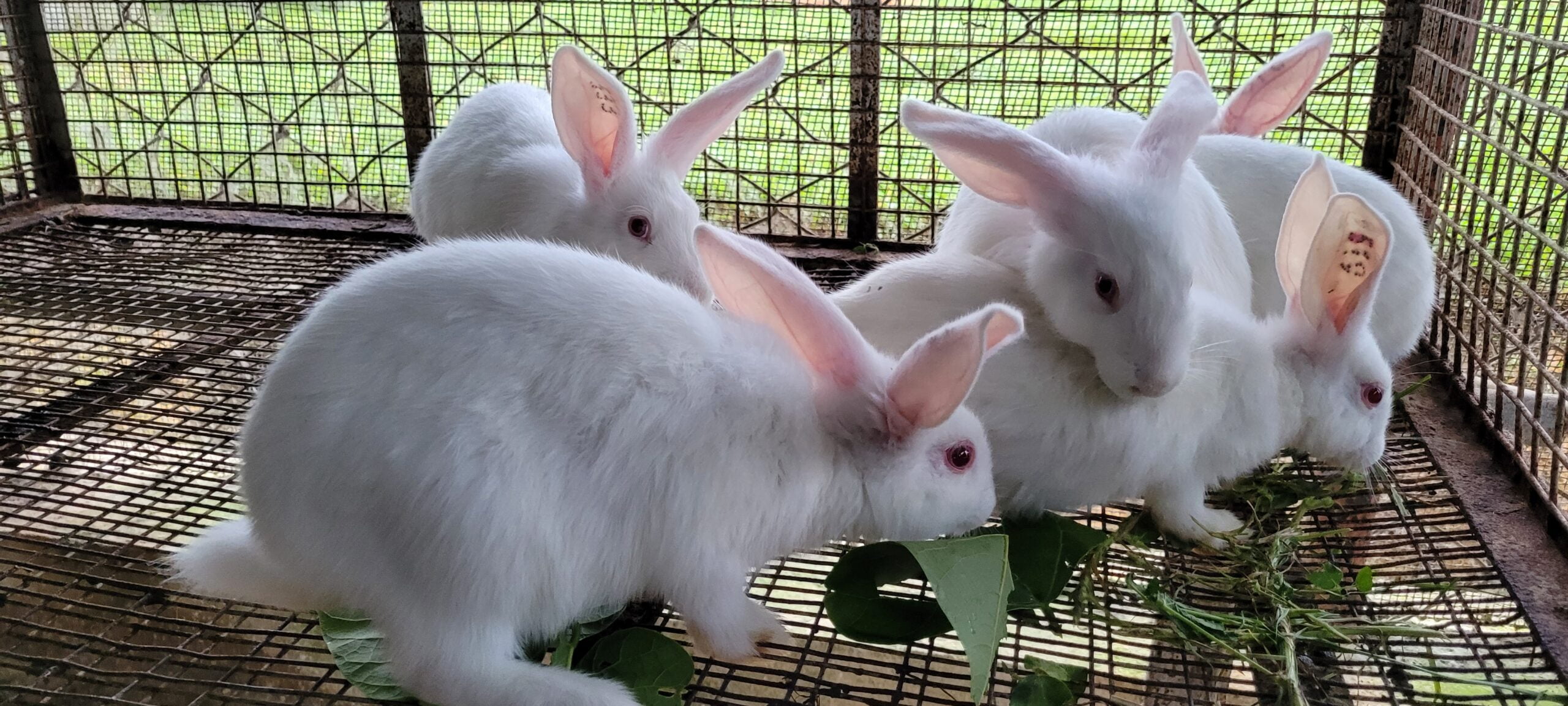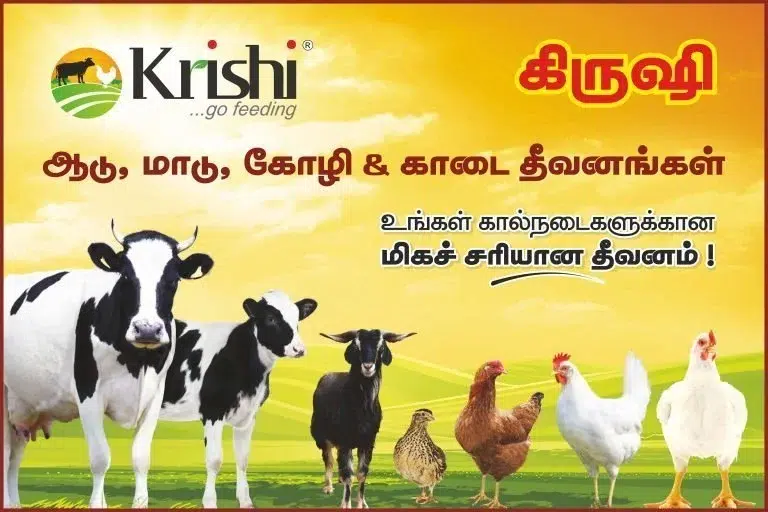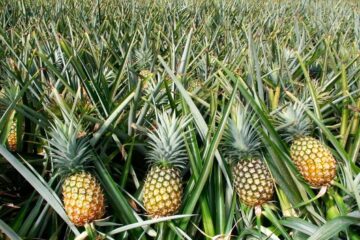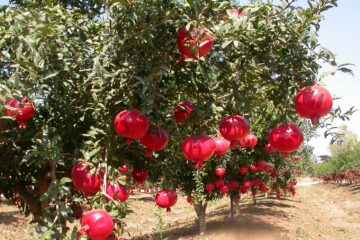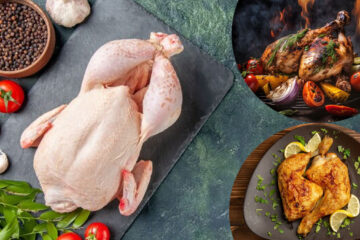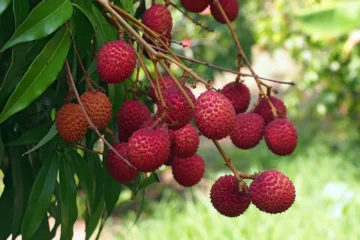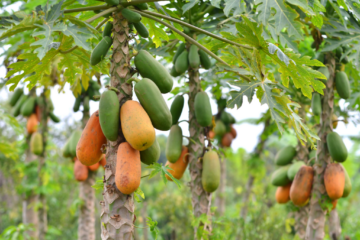Profitable meat rabbit farming hinges on understanding and effectively marketing sales opportunities. Without a market, no industry can succeed. Similarly, rabbit meat producers must explore and make informed decisions about sales avenues to ensure profitability.
Due to their high reproduction rate and rapid growth, meat rabbits present a lucrative opportunity. Families involved in rabbit farming benefit from a stable income and an ample supply of dietary protein.
Meat Rabbits
Farm-raised rabbits reach optimal weight within twelve weeks, making them ideal for meat production. Older rabbits, which have lost or reduced breeding capacity, can also be sold for meat.
Purebred rabbits can be sold to other rabbit farmers for breeding. New farmers require quality rabbits, providing an additional sales opportunity. Additionally, farmers can process and sell rabbit meat directly from their farms.
Properly processed and preserved high-quality meat can generate significant revenue, especially through export. Laboratory demand for rabbits has persisted for years, presenting another potential revenue stream.
Rabbit meat from farms with minimal vaccine and medication use is considered premium quality. Understanding and tapping into market opportunities ensures profitability.
Live Meat Rabbit Sales
Rabbits bred for meat and excess breeding stock can be sold live. Twelve-week-old rabbit meat is flavorful and fragrant. Meat breeds like White Giant and Soviet Chinchilla weigh between 2-2.5 kg at twelve weeks.
With proper feeding and farm management practices, rabbits can reach market weight quickly. Unlike goat and chicken meat, rabbit meat prices fluctuate significantly based on location, sales efficiency, and other local factors.
Approximately 50% of a rabbit’s live weight is marketable meat. Live rabbits are sold for 200-500 rupees per kilogram. Old breeding males and females can also be processed and sold for meat.
Breeding Rabbit Sales
Breeding rabbits are sold in two ways. First, superior rabbits are sold in units to new farmers, typically as eight females and two males. Second, farmers replace breeding females after several breeding cycles to avoid genetic issues from inbreeding.
Proper identification is crucial for rabbits sold for breeding. Methods include ear tagging, tattoos, or detailed cage cards. Buyers should ensure proper identification and records.
Breeding rabbits are sold at a stable price, with those ready for breeding fetching higher prices. Both males and females should be under one year old. Farmers must manage their stock to produce quality kits within their farms.
Pet Rabbit Sales
While selling rabbits as pets presents an opportunity, it is not a full-time business. Farmers near cities, towns, and tourist spots can sell rabbits as pets. Breeds like Dutch rabbits, known for their attractive appearance, are ideal for this market.
Crossbreeding can also produce visually appealing kits that sell well as pets. Pet rabbits can fetch between 200-2,000 rupees, especially in markets, fairs, exhibitions, and pet parks. However, pet sales should be seen as a supplementary income rather than a primary business.
Laboratory Rabbit Sales
Research institutions have long used rabbits for testing, including drug and vaccine trials and food additive research. This demand offers a steady but small revenue stream.
Rabbit farming for laboratory purposes must comply with CPCSEA guidelines, ensuring ethical breeding and management practices. The significant investment in raising laboratory animals is a drawback.
Meat Rabbit Sales
Farmers can sell processed rabbit meat directly or through nearby slaughterhouses. Twelve-week-old rabbits provide premium meat with balanced protein, fat, and bone ratios.
Trained farmers can process and sell rabbit meat in retail cuts, including legs, back, and forelegs, meeting consumer demands. Additional parts like skin, intestines, and blood can also be sold. Surplus meat can be preserved and sold later, including for export.
Rabbit meat is widely accepted, with no religious or cultural restrictions. This universal acceptance enhances its market potential.
Value-Added Rabbit Products
Organically raised agricultural products, including rabbit meat, have a substantial market. Organic certification and government approval are required, with significant export opportunities, especially to the USA, Europe, and Arab countries.
While organic certification for rabbit meat is not yet established, advocating for such standards could enhance market potential.
Other Rabbit Products
Apart from meat, other rabbit parts also have market value. Rabbit skin, intestines, stomach, blood, and manure are in demand. High-quality leather products like hats, bags, and purses can be made from rabbit skin.
Rabbit blood is traditionally used in hair oil preparation. Legs, heads, and intestines can be cleaned and sold as low-cost protein sources or used in livestock feed. Rabbit manure, rich in nitrogen, is excellent fertilizer.
Processed and bagged rabbit manure can be sold as high-quality fertilizer for household and terrace gardens, benefiting from its high market value.
P. Thirumurugan, K. Pachaiyappan, S. Jegaveera Pandian, Southern Regional Research Center, Central Sheep and Wool Research Institute, Mannavanur, Kodaikanal – 624 103.

